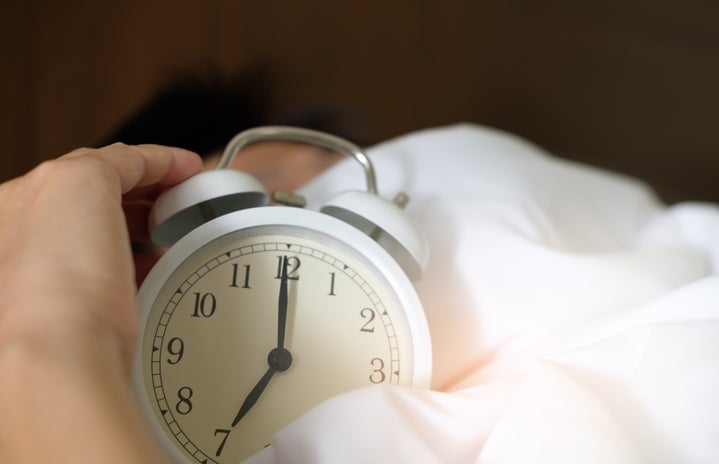It’s a tough time of year. Classes are picking up speed, the weight of the pandemic has never been heavier, and — to top it off — the sun has been setting (on already gray skies) what feels to be ridiculously early. In a time when we’re already confined to the indoors for far longer than we want to be, this theft of sunlight feels especially acute. So here are a few ways to combat it:
- Take advantage of your mornings.
-
For a lot of us, this is a tough one. But if you can, get up a little earlier than you might have normally and go out to get some sun exposure! Sunlight is crucial to health — studies have shown that sunlight, especially in the morning, helps increase the production of melatonin and serotonin, which will leave you with better sleep at night and a happier feeling throughout the day. So, if you can, consider having your morning coffee outside with as much sunlight as you can get.
- Stick to a routine.
-
The end of daylight savings time tends to throw us off our game. The day feels entirely warped, and old routines can be upended. However, making and maintaining a routine will put the changes of daylight against a familiar context. It’s a lot easier to handle a dark sky in the afternoon when you’ve planned for it! Routines will also help you stay productive in the evenings, when the night sky makes one want to curl up in bed and sleep until the sun rises again. But these practices do take time, so give yourself the grace to adjust.
- Stay in touch with friends.
-
The darkness of daylight savings has compounded with an already isolating pandemic. Seek the spots of light that you can, in friendships, family, and other joys! Call your friends in other states and countries, where the sun might still be up, or where it went down hours ago to commiserate over bleak seasonal changes. This time of year is tough to get through, but it’s a lot easier to do it together.
Daylight savings can be exhausting, demotivating, and gloomy, but there are ways to combat this! Take care of yourself, and give yourself the time to adjust. If things are starting to feel like too much, never hesitate to ask for help or schedule a mental health check-up. Much love to all, and we hope the holidays treat you well!


